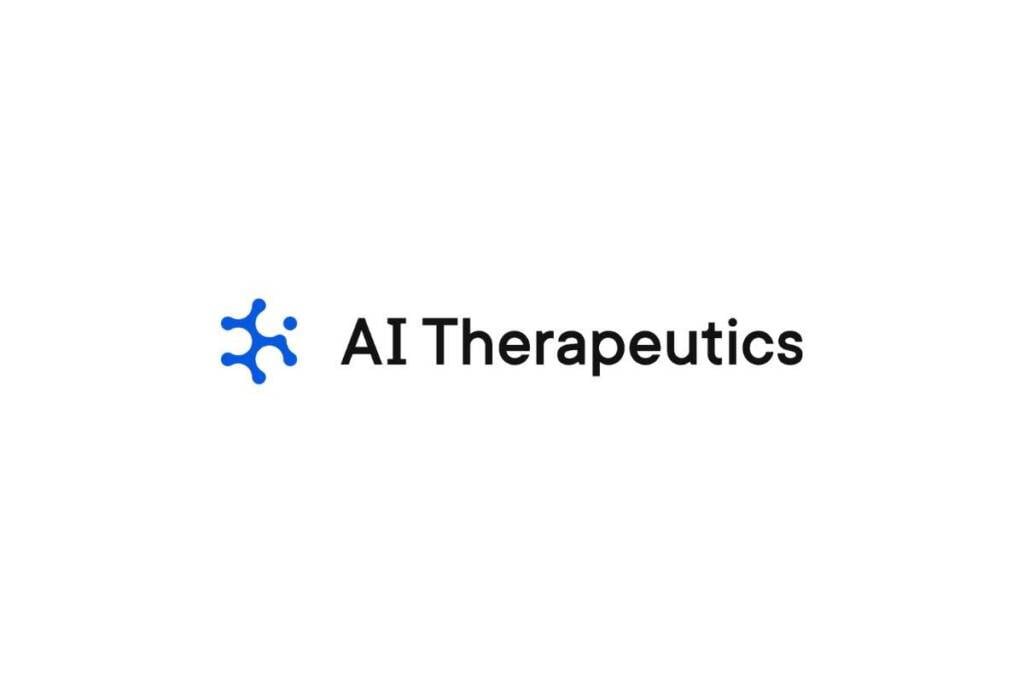AI Therapeutics, a forward-looking clinical-stage biopharmaceutical company dedicated to pioneering novel therapies for rare diseases, has announced the initiation of a groundbreaking Phase 2 study in collaboration with UC San Francisco (UCSF). This innovative research is centered around their inhaled form of sirolimus, named LAM-001, aimed at combating bronchiolitis obliterans syndrome (BOS) in individuals who have undergone lung transplants. BOS, a formidable challenge in post-transplantation cases, is the foremost cause of mortality, impacting approximately half of all lung transplant recipients within five years. Notably, around the world, an estimated 4,600 lung transplants are conducted annually.
This pathbreaking 48-week Phase 2 study, characterized by its randomized, double-blind, and placebo-controlled design, is set to analyze the safety, tolerability, and efficacy of LAM-001. The trial will encompass 30 adults recently diagnosed with BOS (Grade 1-2). The primary focus will be on assessing safety, tolerability, and progression-free survival, the latter defined as the earliest occurrence of either a >10% decline in FEV1 from baseline or death due to respiratory failure. Essential secondary endpoints include changes in FEV1 and FEV1/FVC at the 48-week mark from baseline or the duration until progression-free survival, outlined as the earliest instance of >20% change in FEV1 from baseline or death due to respiratory failure. Additional comprehensive evaluations will encompass alterations in the quality of life as gauged by SGRQ-C across 48 weeks, modifications in the 6-minute walk distance (6MWD) from baseline at week 48, sirolimus levels in blood and BAL, and a range of exploratory metrics.
“BOS is a major complication in lung transplant patients for which there are no approved therapies. BOS pathology is driven by inflammation of the small airways, fibroproliferation and abnormal regeneration of the epithelium. Progressive narrowing of these airways leads to difficulty breathing and the ultimate need for re-transplantation or death. While retrospective analyses have shown that oral sirolimus can improve survival in BOS patients, systemic toxicities have limited its widespread adoption. An inhaled version of sirolimus has the promise of delivering drug directly to the lung tissue where it is needed while potentially reducing systemic exposures and concomitant toxicities.”
– Steven Hays, MD, medical director of the UCSF Lung Transplant Program, and Principal Investigator of the trial
At the heart of this pioneering endeavor lies LAM-001, a distinctive proprietary inhaled formulation of sirolimus, also recognized as rapamycin. The potential of sirolimus to combat BOS is substantiated by a synergy of human and animal data. Retrospective data derived from human subjects administered oral sirolimus post lung transplant have indicated enhanced survival rates in both preventive and treatment contexts of BOS. These findings are complemented by evidence from a mouse model of BOS, illustrating that sirolimus functions as a protective agent against airway occlusion through mechanisms such as diminishing fibrocyte recruitment, safeguarding airway epithelial integrity, and fostering the infiltration of immune-regulatory Treg and Breg cells.
AI Therapeutics’ strategic partnership with UCSF exemplifies their commitment to pioneering solutions that hold transformative potential for patients grappling with complex conditions post-lung transplantation. This groundbreaking study aligns with the company’s pursuit of innovation to revolutionize the landscape of rare disease therapeutics.





























